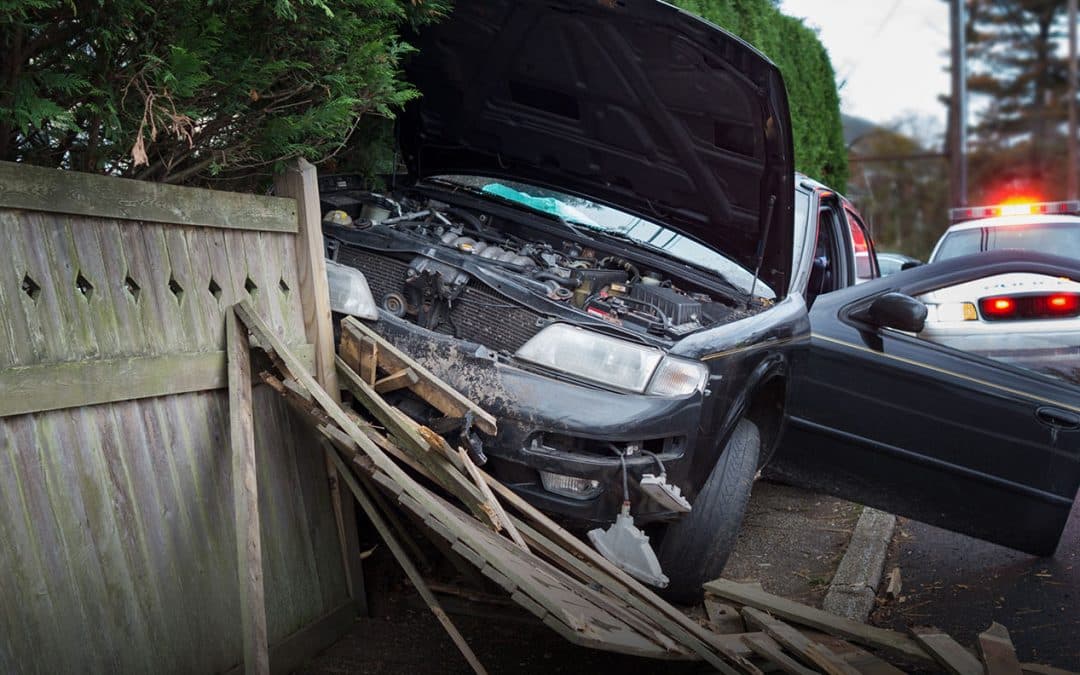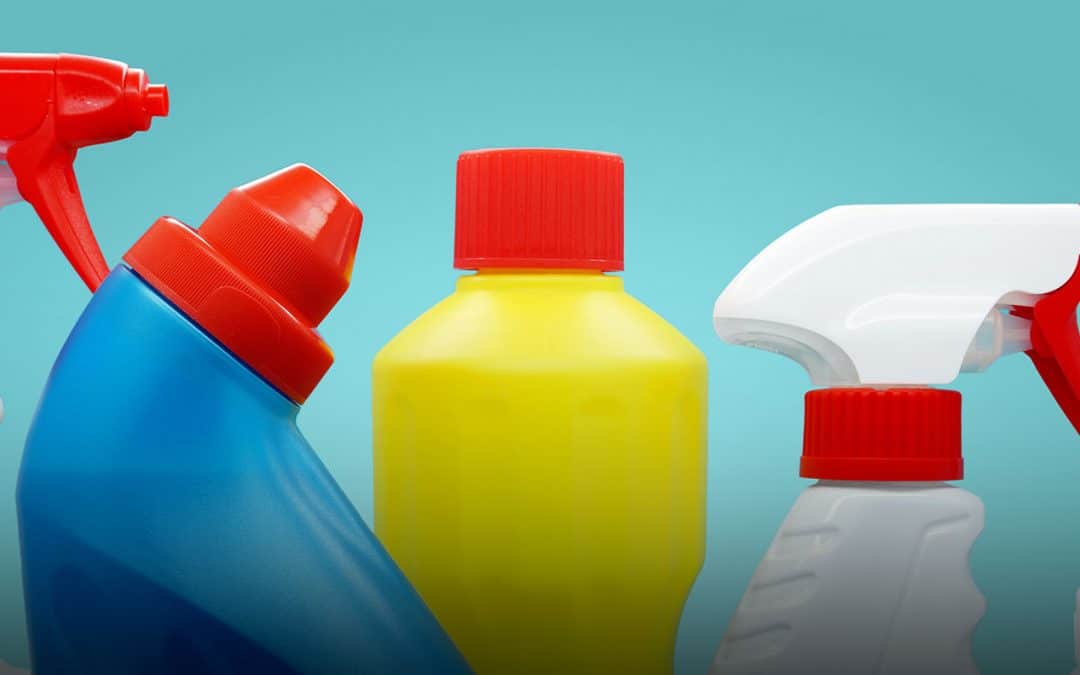Whether it’s a quick weekend getaway or a cross-country trip with the entire family, road trips can be a fun adventure.
Before planning your trip, there are several things you might want to consider to ensure your journey is safe.
Get your vehicle serviced
Getting your vehicle inspected is important to make sure you don’t have issues on the road. You can check some things on your own, like tire pressure and windshield wiper fluid. But for longer trips, you might want to consider a full vehicle inspection where a certified mechanic should check your car’s battery, fuel system, engine, brakes and fluid levels, and windshield.
Check for vehicle recalls
In addition to having your car checked by a mechanic, you can also look to see if the National Highway Transportation Safety Administration (NHTSA) has issued a safety recall. You can go to NHTSA.gov/Recalls and enter your vehicle identification number (VIN) to find out.
Stock your vehicle
Make sure your vehicle has items you may need while on the road, like jumper cables, a car jack, a flashlight, and a first-aid kit.
Pack carefully
When packing your vehicle, make sure you don’t overpack, as the more weight you add to your car, the more fuel it will use. Anything you pack inside your vehicle should not obstruct the driver’s view from the windows and rear-view windows. Lastly, make sure any items packed on the outside of the vehicle are safely secured in the event of sudden stops, as they can turn into projectiles.
Review your car insurance
It’s a good idea to review your auto insurance policy or check with your independent agent to make sure you have adequate coverage while on the road. If you are towing a boat or RV, you should also make sure they are adequately covered.
Hitting the road
Because you want your road trip to be fun and memorable, you won’t want to cut the trip short due to an accident. MAPFRE and the NHTSA have some safety recommendations:
- Program your GPS before putting the vehicle in drive.
- Make sure everyone is wearing a seat belt and that children are secured in age and size-appropriate car or booster seats.
- Make sure pets are secured in crates or harnesses and be sure to stop frequently for them.
- Do not text or drive distracted – this includes things like adjusting the radio, eating, or checking your GPS or navigation system.
- Obey posted speed limits.
- Never drive under the influence of alcohol or drugs.
- If you feel drowsy, pull over and take a break. If you’re feeling extremely tired, it’s better to take a 20-minute power nap to increase your alertness and decrease the risk of an accident.
- Share driving responsibilities with another driver, if possible, on long rides to avoid exhaustion.
No one wants to break down while on the road. But if you do find yourself with a disabled vehicle, a flat tire, or warning lights on your dashboard, the first thing to do is try to enter the breakdown lane or shoulder as quickly and safely as possible. You should also turn on your hazard lights as soon as possible to warn other drivers.
Once you are safe, call 911 to report your emergency and to initiate roadside assistance. If you have AAA, you can also call them to assist.
Save on your leisure car rental with MAPFRE and Hertz
Maybe you don’t want to put mileage or wear and tear on your car during vacations and long trips. Through our longtime partnership with Hertz, when MAPFRE customers book a leisure (non-claim-related) car rental, you can save up to 20% off the regular rate. When you enroll in Hertz Gold Plus Rewards, you could earn even more benefits, like skipping the counter and going straight to your car, earning points toward free rental days and car-class upgrades, and adding a driver for free.
We hope you find these tips helpful as you get ready for your next road trip! If you need help reviewing your auto insurance policy, an independent agent in your state can always check to make sure you have the right coverage suited to your individualized needs. If you’re not yet insured with MAPFRE and live in Massachusetts, you can always get a fast, free quote today on your car insurance policy.



